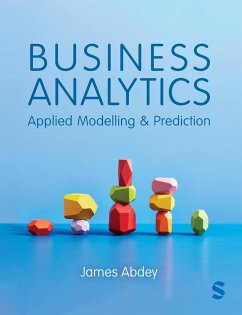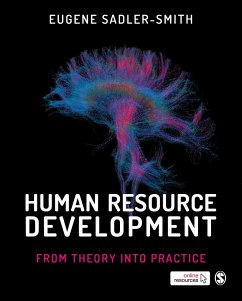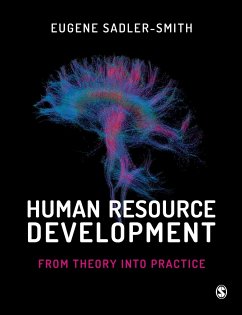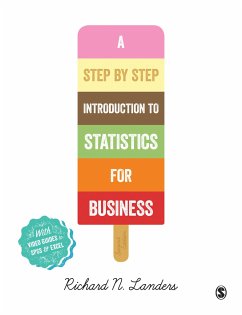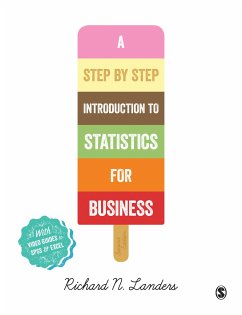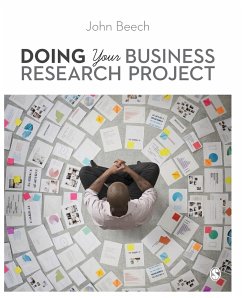Nicht lieferbar

Qualitative Research in Business and Management
Versandkostenfrei!
Nicht lieferbar
Weitere Ausgaben:
This accessible and expansive, yet remarkably concise textbook is designed to help readers with their research project. As well as guiding them through the key methods of collecting and analysing qualitative data, this book provides invaluable information on writing up their research and how to get published.
Now in its third edition, Qualitative Research in Business and Management has been fully updated to include a range of recent examples of aspects of qualitative research in action, and a new look at the methods and ethics of using social media data.
Now in its third edition, Qualitative Research in Business and Management has been fully updated to include a range of recent examples of aspects of qualitative research in action, and a new look at the methods and ethics of using social media data.






